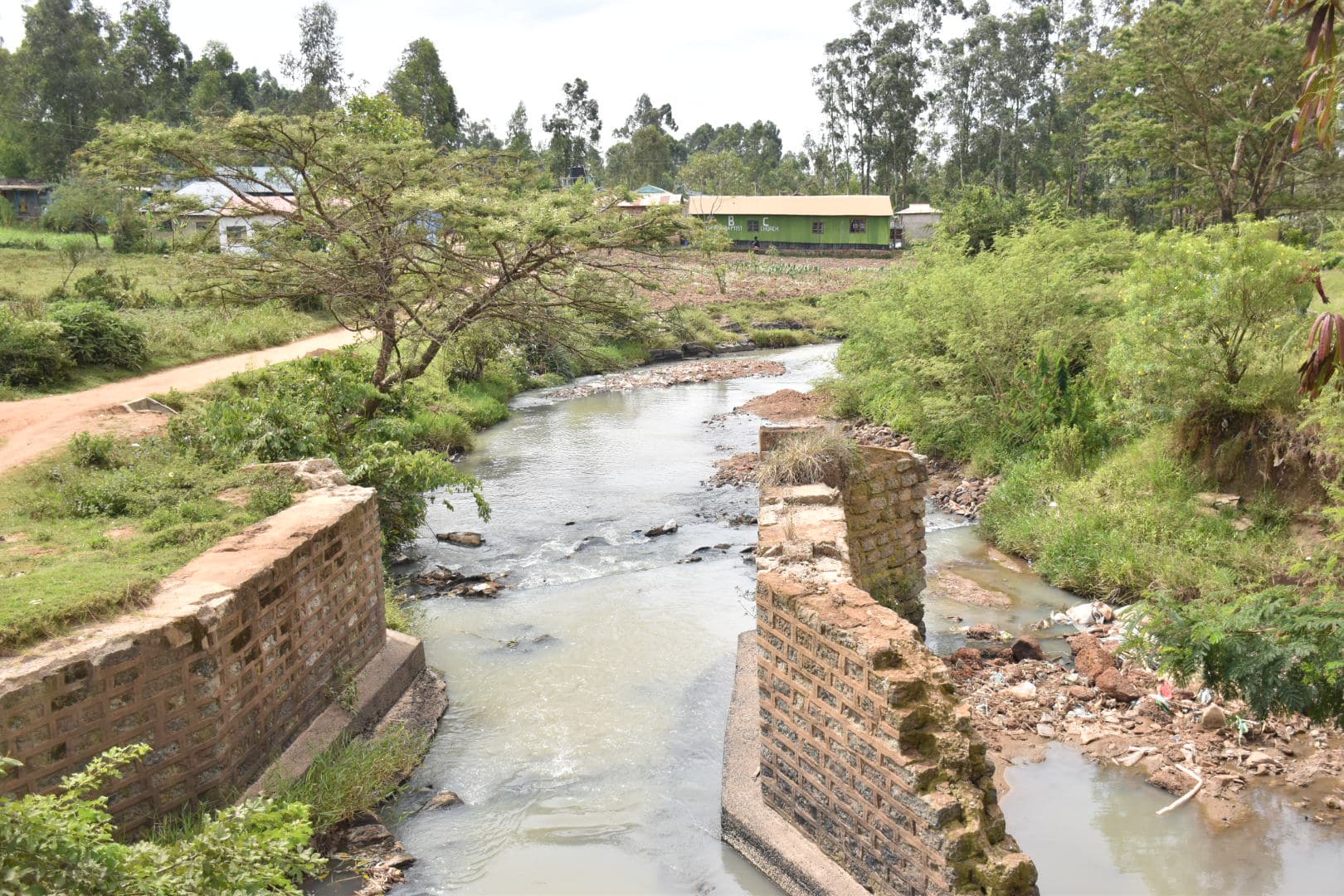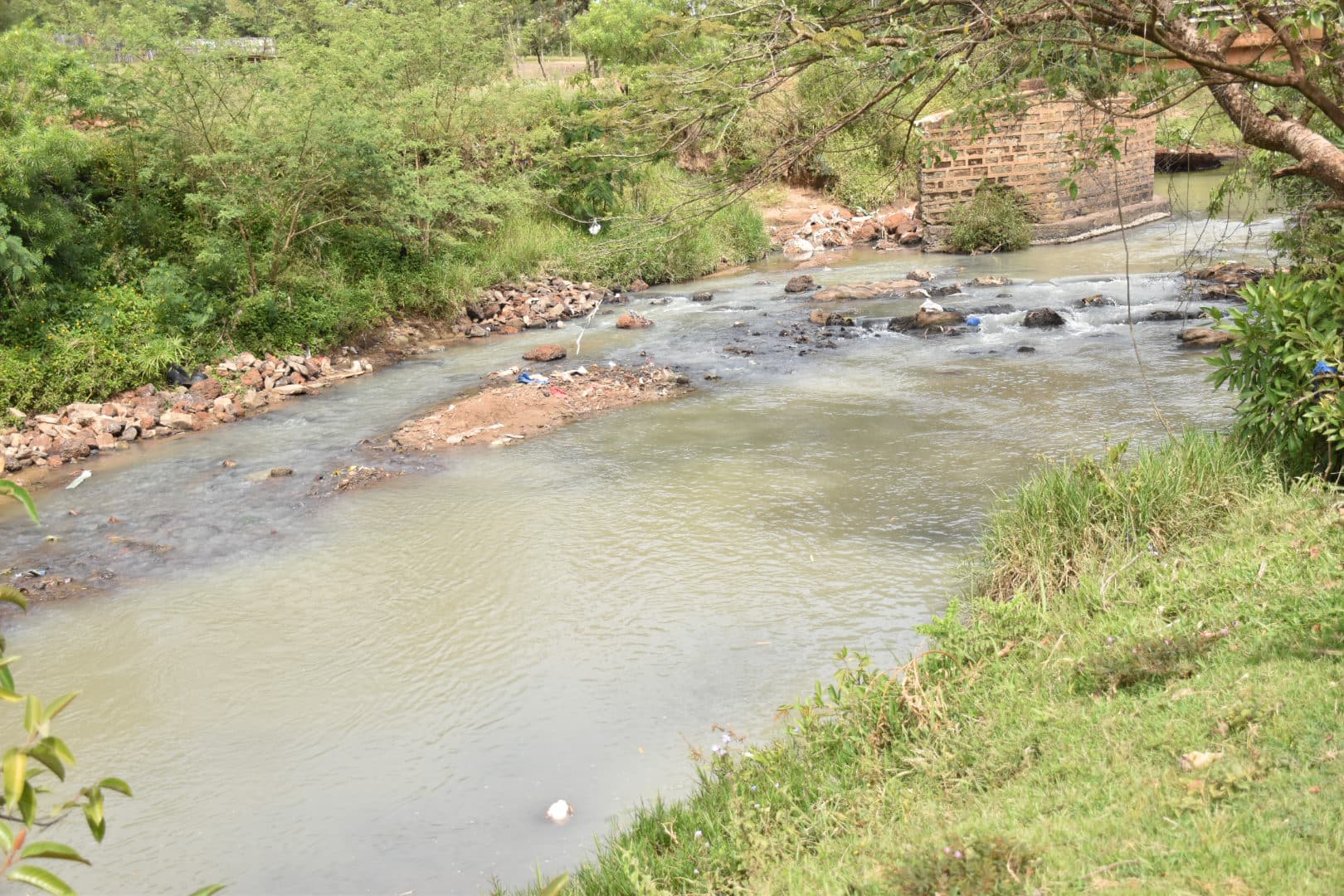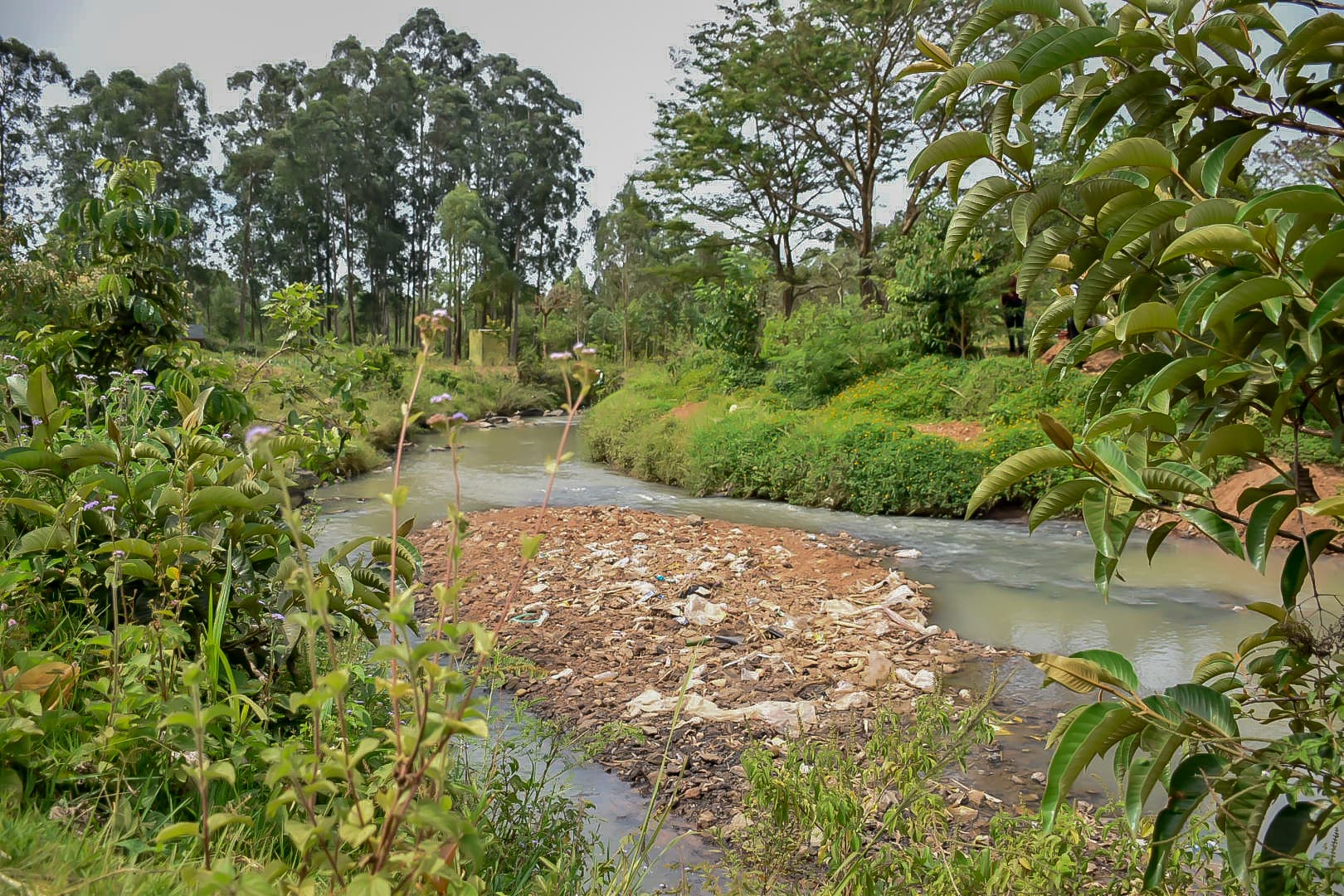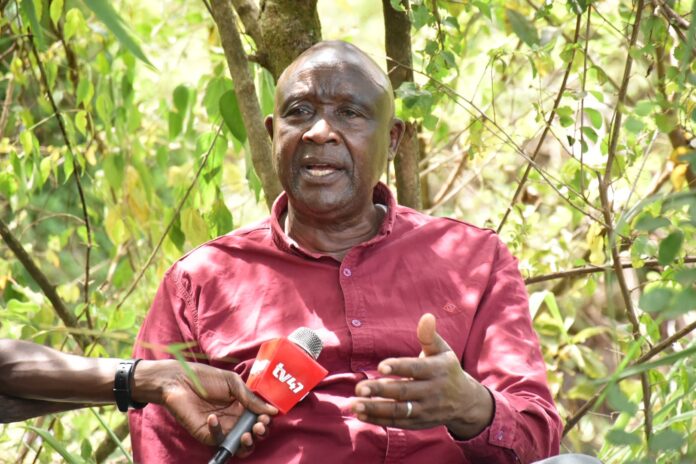By Tony Wafula, Bungoma
After serving the Township location in Bungoma town as senior chief for 30 years Joseph Cheng’oli, 61, has embarked on an environment conservation mission. Cheng’oli reveals that along the line, he developed an interest in environmental matters.
Changing weather patterns are expanding diseases and extreme weather events increase deaths and make it difficult for health care systems to keep up. Climate change increases the factors that put and keep people in poverty. Floods may sweep away urban slums, destroying homes and livelihoods.
Having a table of roots, if planted along the rivers banks Bamboo helps in purifying water.
He says that with the raging global climate change crisis there is a need for the government, Non- governmental organizations, Institutions, youths led groups and individuals collaborations to come up with methods that would be used to fight climate change.
The retired chief further reveals that he has come up with a Bamboo clean stove that people are using to conserve the environment.
“Bamboo is a very important tree when it comes to environmental conservation that is why I have planted them all over my farm and along the river,” he noted.
Cheng’oli notes that the release of dirt from Bungoma town and the community around river Khalaba is posing danger to both human beings and aquatic lives. River Khalaba located a few metres away from Bungoma town plays a pivotal role and therefore it needs to be conserved.
To control river Khalaba pollution, Cheng’oli stated that he has partnered with the community to plant Bamboo trees along the banks to help control soil erosion and cover up the massive deforestation.

He also stressed the importance of placing a catchment at Khalaba bridge that would help sieving plastic and nylon waste to keep the rivers clean.
He added “The release of plastic, nylon and used baby pampers to the water sources is very dangerous to the people using water,”
“I have produced many Bamboo seedlings which I’m distributing to the community along the rivers so that they can help plant,” he said, adding that currently he is working with 120 community members who have embraced Bamboo planting.
Cheng’oli proposes that to help reduce dirt discharge into the rivers, the county government should come up with a strategy where garbage is separated.
“To help control garbage discharge into the rivers, relevant authorities should come with tins to separate garbage,” he said.
Robert Sawa, a senior Natural resources scientist, noted that Bungoma County is at 20% tree cover and over 14% forest cover adding that the County is a forest where they have embarked on rehabilitation of degraded sites.

Sawa revealed that Bungoma has over 10 big permanent rivers and over 30 dams distributed in the Sub counties stating that the County is having challenges in conserving the dams citing encroachment on both natural forest and riparian land.
“Another challenge affecting almost all rivers is agricultural practices that have caused siltation in dams,” he said, adding that when dams are filled up due to siltation its capacity to hold water is challenged.
He added, “To avoid siltation in our dams we are encouraging farmers near the dams and rivers to embrace re- afforestation,”
In addition, Sawa affirmed that the County government has taken up sensitization exercises in the community to inform them the types of trees that should be grown near dams and rivers.

The expert highlighted increased quarrying and sand mining along dams as another challenge affecting dams in Bungoma calling on the individuals promoting the illegal exercises to follow the laid down guidelines.
“Some quarries are left not rehabilitated where they become a health hazard where water accumulates in it resulting in mosquitoes, it also endangers children passing by the left pits,” he said.




